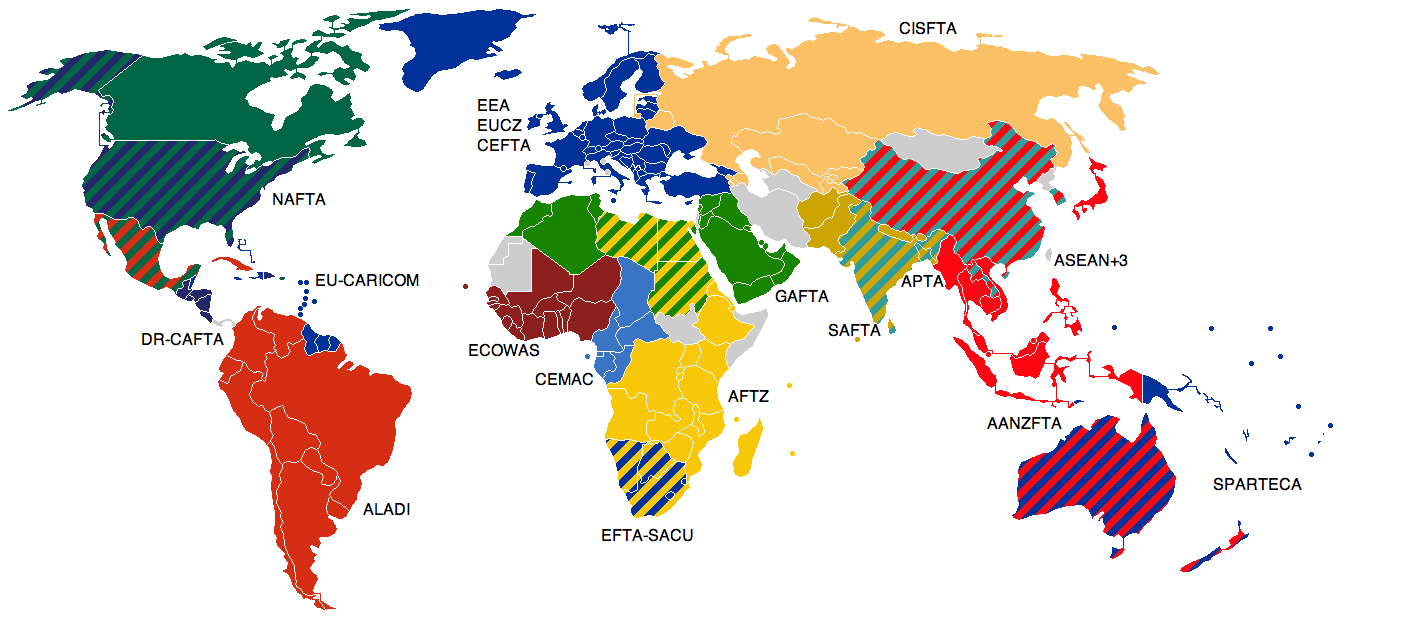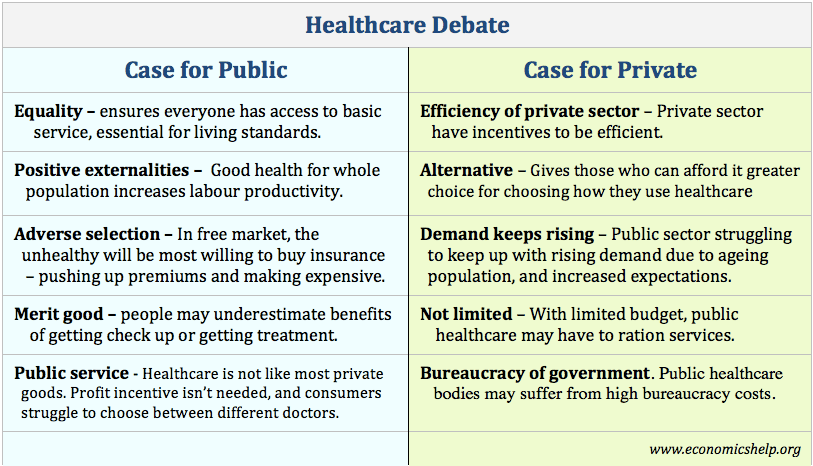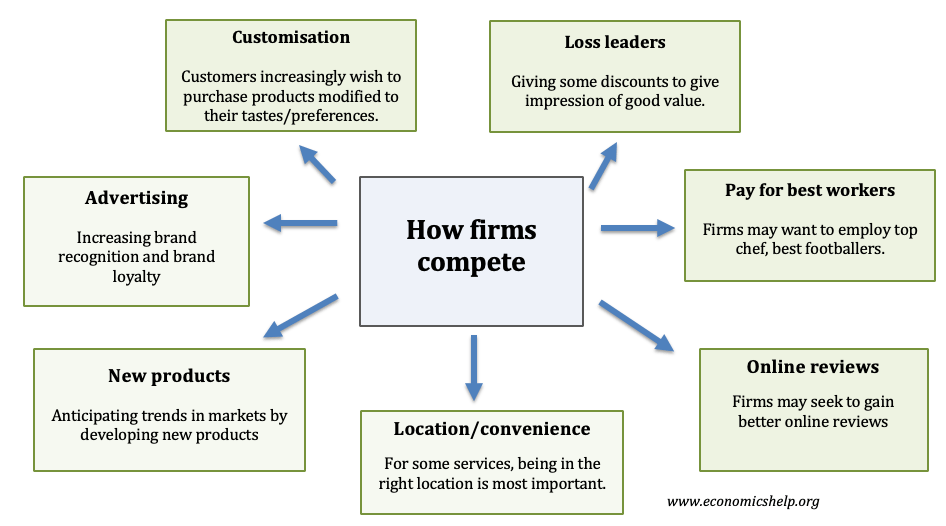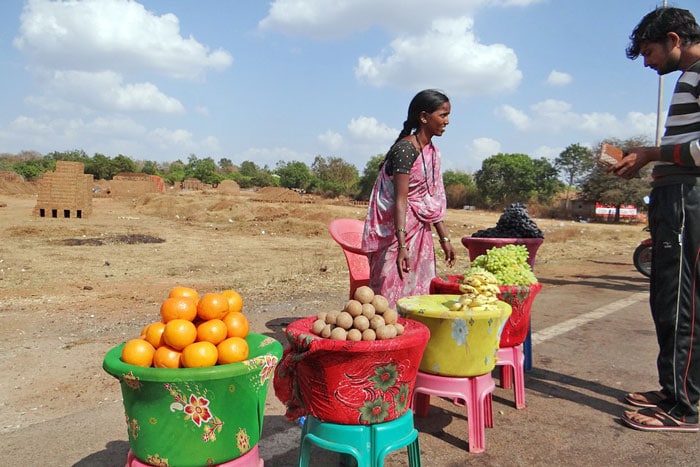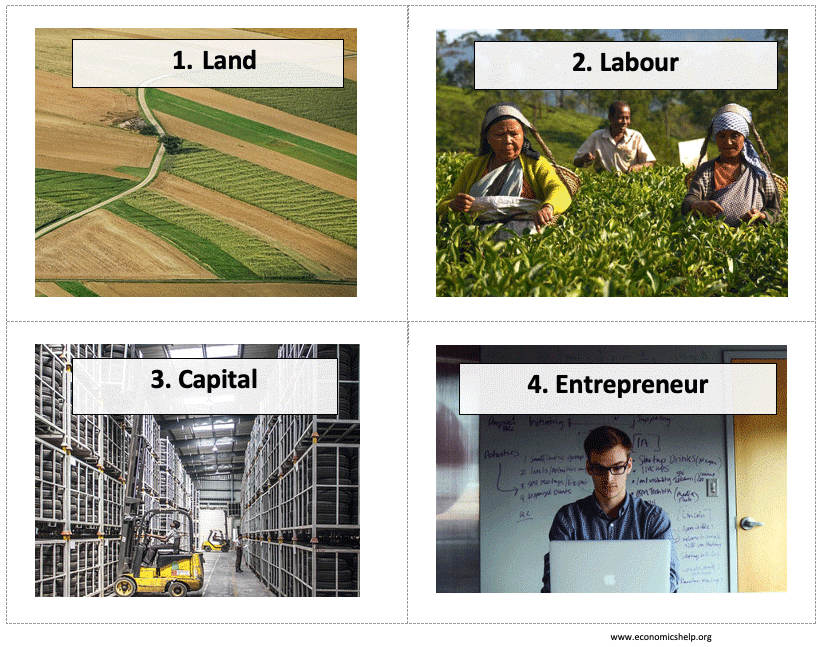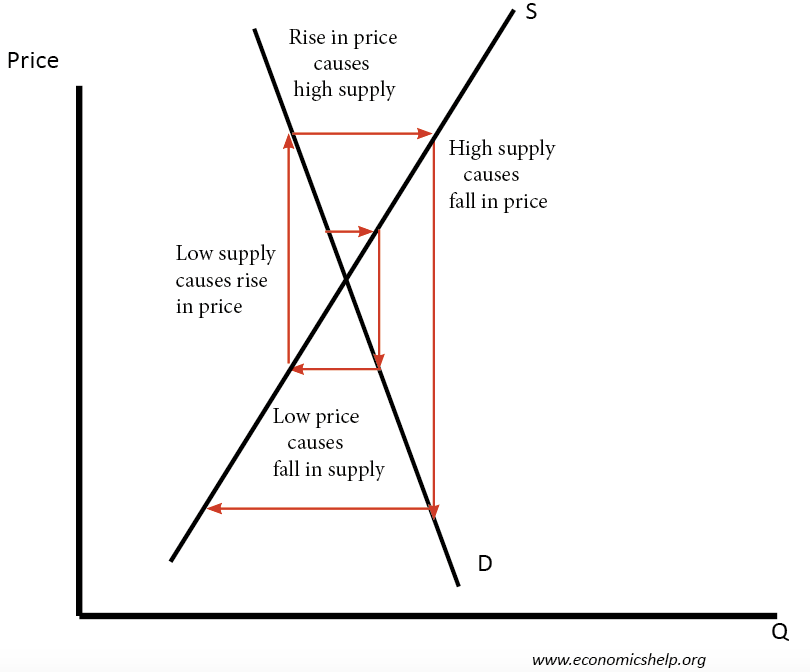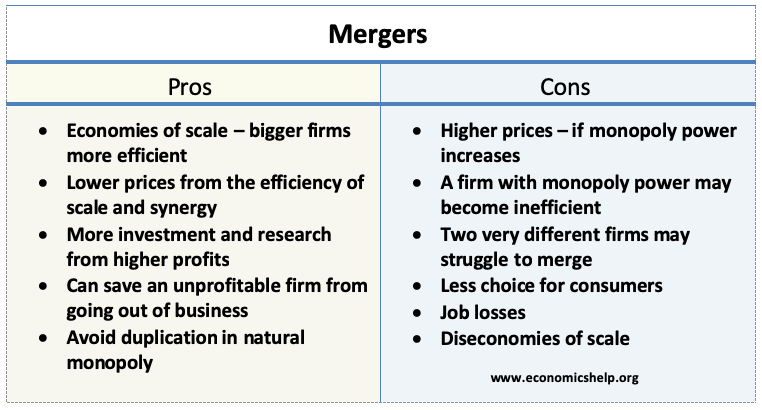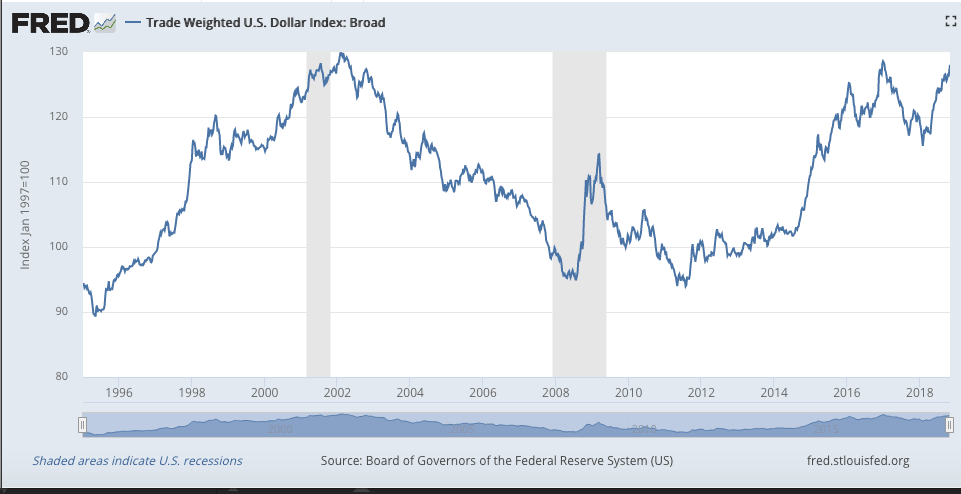Trading blocks – Pros and cons
Trading blocks are groups of countries who form trade agreements between themselves. Trading blocks can include Free trade areas – elimination of tariffs between economies in the trading block Customs union – free trade area + a common external tariff with non-members Economic union/Single market – Customs union + common rules and regulations. Different types …

